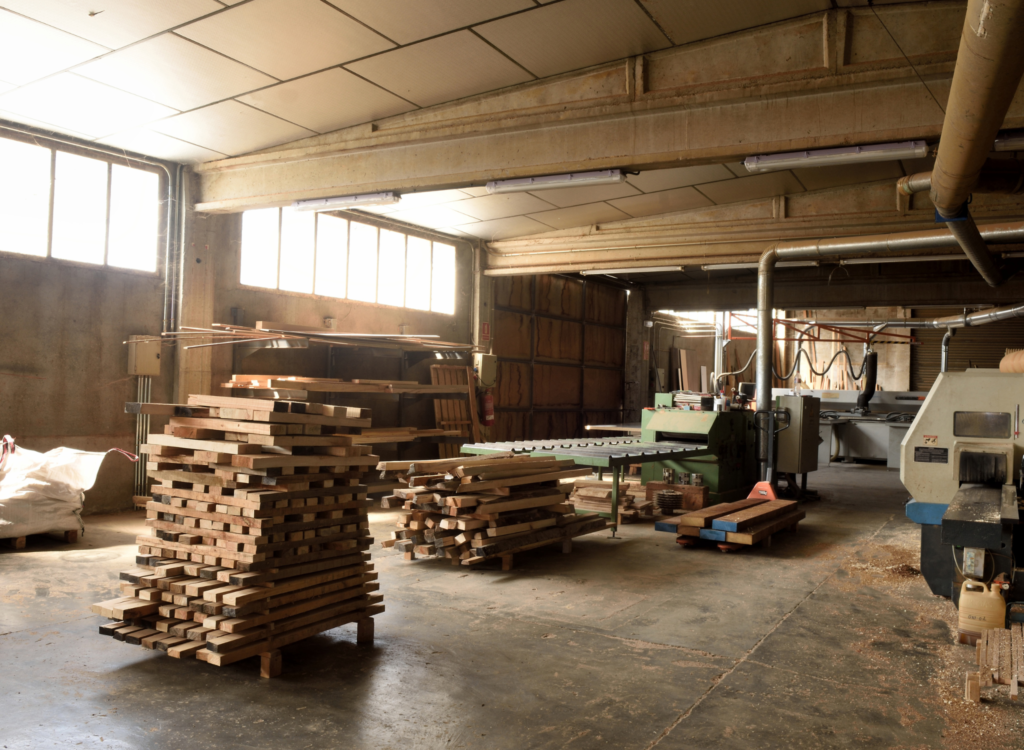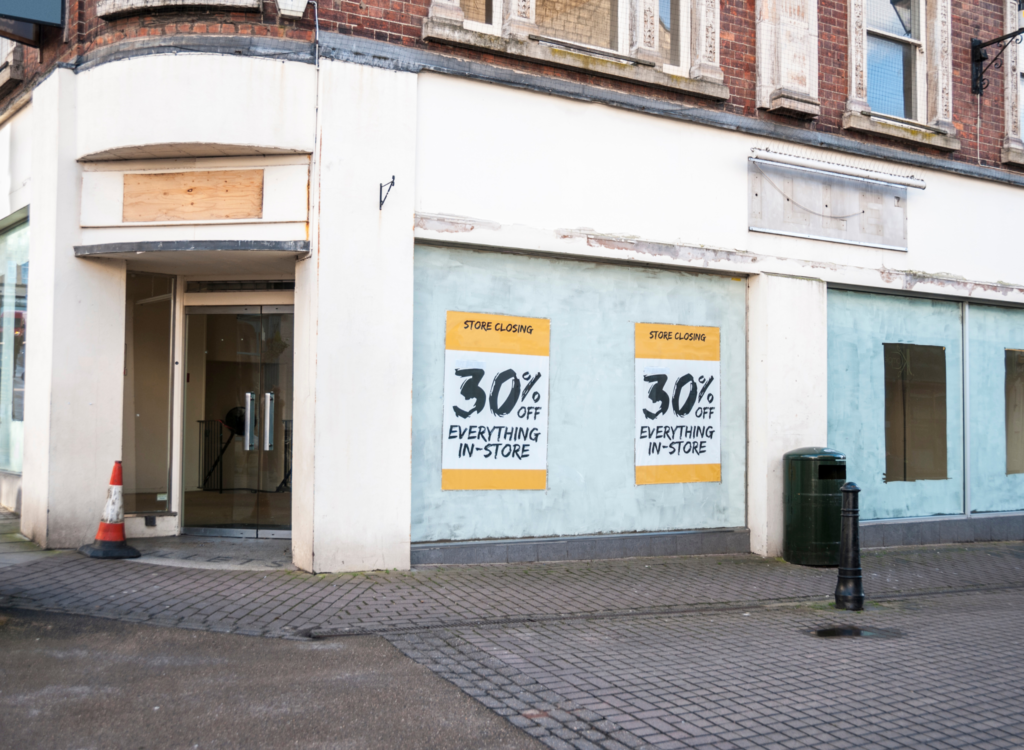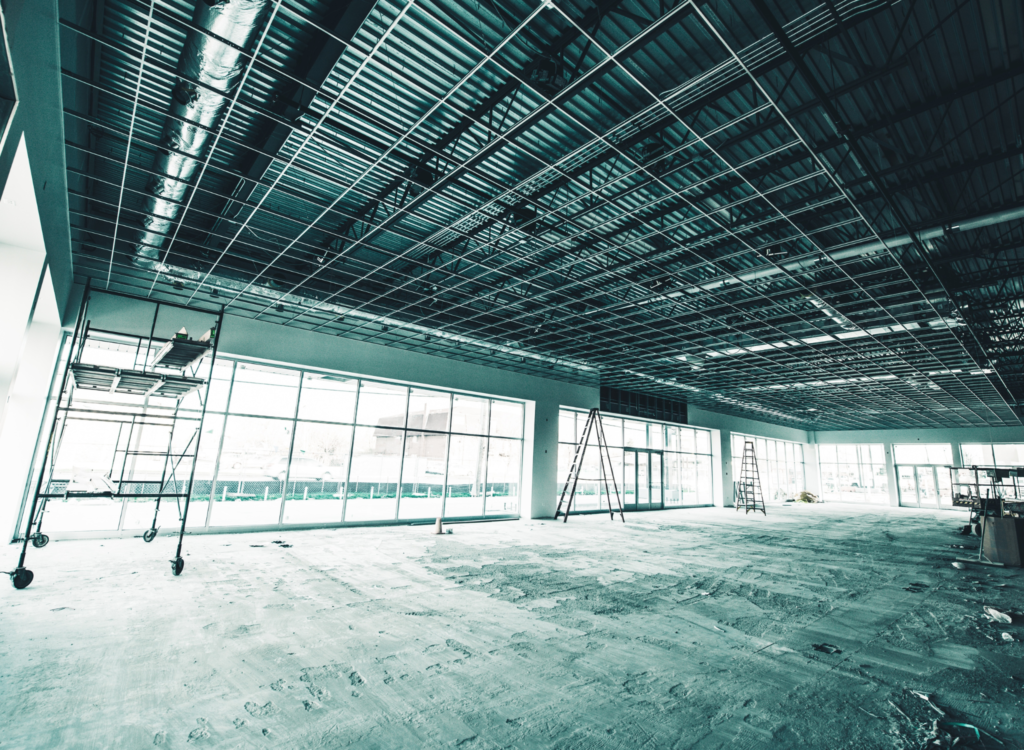- 0151 222 0048
- enquiries@ashallsurveyors.co.uk
- Mon - Sat
- 9am - 5pm

At ASL, our team of chartered surveyors provide RICS dilapidations services for both landlords and tenants. These lie among our commercial building surveys and commercial property valuations.
Whether for small shops or large industrial and office buildings, leases between landlords and tenants outline specific obligations for the repair, maintenance, and decoration of the property.
A Dilapidations Survey is a detailed inspection and assessment of a leased property, conducted to document its condition and identify any repairs or maintenance required under the terms of the lease agreement.
A Dilapidations Survey is an essential tool in managing property leases. It helps clarify a tenant’s repair obligations, and ensures a property is maintained to the agreed standard. It also plays a crucial role in avoiding disputes and protecting the interests of both landlord & tenants at the end of a lease.
Dilapidations surveys are most often commissioned towards the end of a lease, or upon lease renewal.
Requested by a landlord, a Schedule of Dilapidations is a detailed document compiled following a dilapidations survey.
Purpose: to identify and document a tenant’s breaches of lease obligations, typically regarding repairs, reinstatement, or maintenance of the property, and their associated costs.
Focus: outlines what the landlord believes the tenant must rectify or compensate for. Often including items requiring repair or reinstatement, estimated costs for remedial works, and legal obligations as per the lease terms.
Outcome: used by landlords to negotiate settlements with the tenant or pursue legal action if necessary.

Commissioned by a tenant to estimate potential costs for lease obligations such as repairs and reinstatements. A dilapidations liability assessment helps tenants budget, plan remedial work, or negotiate claims with their landlord effectively.
Purpose: to estimate a tenant’s potential liability under the lease for dilapidations.
Focus: provides the tenant with a realistic assessment of likely costs for repairs, reinstatements, and other obligations, insight into areas of potential dispute with the landlord, and a basis to negotiate with the landlord.
Outcome: helps tenants understand their position, challenge excessive claims, or plan remedial work to minimise liability.

The different categories of dilapidations help landlords manage their properties effectively, ensuring they are maintained and returned in a condition suitable for continued use or re-letting. Dilapidations surveys also help ensure that tenants fulfil their lease obligations and provide a fair basis for any claims related to property condition at the end of the lease term.

A Schedule of Dilapidations is a detailed survey typically conducted towards the end of a lease to outline a tenant’s responsibilities for repairs, maintenance, and their obligations to return a property to its original condition, per the lease terms. It will detail required repairs, replacements, and other remedial actions.
The process starts with reviewing lease terms on repairs, reinstatements, and alterations, followed by a detailed inspection of the property’s structural and cosmetic elements. This approach ensures all repair obligations are identified, safeguarding the landlord’s investment and clarifying tenant responsibilities.
Carried out during the lease term, interim dilapidations surveys assess the current state of the property to ensure compliance with the lease terms. It serves as a proactive measure to maintain the property and manage obligations.
This type of survey can help tenants address issues early, potentially reducing costs and disputes at the end of the lease. In the event of a tenant not maintaining the property as per the lease agreement, an interim dilapidation schedule can be issued to rectify these issues for the landlord, while the lease is still active.


Terminal dilapidations are conducted at the end of a lease to identify any breaches of the lease terms related to property condition. It involves a thorough assessment of the property to identify any damages or alterations that the tenant needs to address before vacating.
The aim is to ensure that the property is returned in a condition that complies with the lease terms, typically “in repair,” “decorated,” and “clean.”
Final dilapidations involve the final assessment and settlement after the tenant has vacated the property. This determines the financial compensation required from the tenant if they fail to carry out necessary repairs or maintenance as per the lease agreement. It includes the cost of repairs, reinstatement of any alterations made by the tenant, and potentially loss of rent if the property cannot be re-let immediately.


If tenants have made alterations or improvements during their tenancy, a reinstatement survey determines what changes need to be undone, restoring the property to its original state, unless otherwise agreed upon. This survey ensures compliance with lease terms that may require the removal of tenant modifications.
ASL’s team of RICS dilapidations surveyors provide reliable surveys, reports and advise on all aspects of dilapidations.
Our extensive experience in the commercial sectors allows us to minimise dilapidations claims when defending a tenant and maximise settlement returns when acting on behalf of a Landlord.

Our accreditation, extensive experience, in-depth knowledge of the commercial property market, ensures you receive the highest service with every valuation.
We deliver clear and concise reports providing a complete picture of your commercial property’s condition, value, or life cycle cost analysis.
ASL deliver comprehensive and precise valuations backed by thorough research and commercial market analysis.
Your satisfaction is our priority, and we are dedicated to tailoring our valuations to your unique requirements, and answering any questions throughout the valuation process.
Call, email or fill out form to learn more about our services or to request a quote.
Our surveyors are here to answer your questions and guide you through the process with clear, practical advice.
Provide your property details and the service you need, and we’ll send you a clear, fixed-fee quote with no hidden costs.
We and our partners use cookies and other technologies to improve your site experience, measure performance, and tailor marketing. Click “Accept” to allow us to process this data.